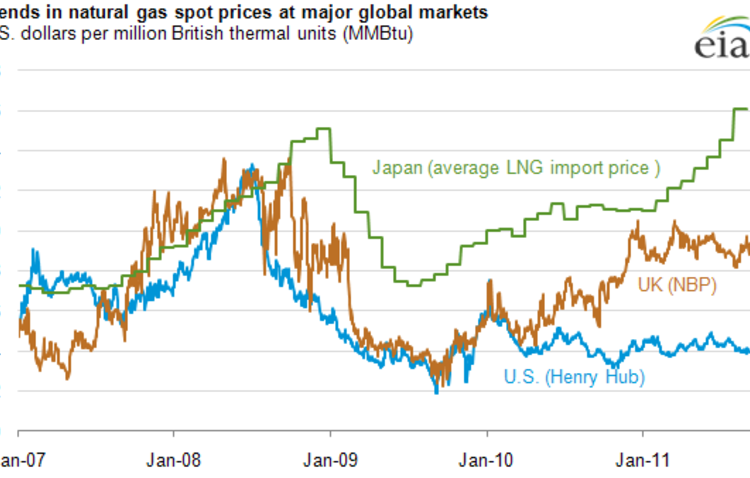Detouring around the Red Sea could add significant time to shipping journeys
- Freight-forwarding companies could benefit from higher prices and surcharges due to Red Sea attacks
- Detouring around the Red Sea could add 8 to 12 days to shipping journeys
- Ocean freight forwarders assist shippers with consolidation, routing, contracts, and pickup and delivery options
- Diverted and time-sensitive freight could increase demand for freight forwarding services
- Houthi attacks on Red Sea shipping prompt warnings and diversions by major companies
The recent attacks on Red Sea cargo ships by the Houthi rebels could have a positive impact on the margins of freight-forwarding companies. These companies, such as Expeditors International of Washington Inc., FedEx Corp., UPS Supply Chain Solutions, and DHL Global Forwarding, provide a range of services to shippers. With shipping companies attempting to bypass the Red Sea via alternative routes, freight-forwarding companies stand to benefit from higher prices and surcharges. Ocean freight forwarders play a crucial role in assisting shippers with consolidation, routing, contracts, and pickup and delivery options. They have contracts with large air and ocean carriers that predetermine rates based on expected volumes. With ocean carriers now detouring around the Red Sea, pricing should be passed onto shippers, leading to increased demand for freight forwarding services. The Houthi attacks on Red Sea shipping have prompted warnings and diversions by major companies. Last week, the United States and partner nations warned the Houthi rebel group against further attacks. Shipping giant Maersk has decided to divert its ships away from the Red Sea due to the security risk. This situation has significant implications for global trade, as the Red Sea is a critical shipping lane for cargo traveling through the Suez Canal.
Public Companies: Expeditors International of Washington Inc. (EXPD), FedEx Corp. (FDX), United Parcel Service Inc. (UPS), Deutsche Post AG (DHL)
Private Companies:
Key People: Jason H. Seidl (T.D. Cowen analyst)
Factuality Level: 7
Justification: The article provides information about the potential benefits for freight-forwarding companies due to the disruption caused by Houthi attacks on Red Sea cargo ships. It includes quotes from analysts and information about the impact on shipping lanes and global trade. However, the article lacks specific data or evidence to support the claims made by the analysts, and it does not provide a balanced perspective by including potential counterarguments or alternative viewpoints.
Noise Level: 6
Justification: The article provides some relevant information about the potential benefits for freight-forwarding companies due to the disruption caused by Houthi attacks on Red Sea cargo ships. However, it lacks in-depth analysis and evidence to support its claims. The article also includes some unrelated information about the importance of the Red Sea shipping lane and the warning issued by the United States and partner nations. Overall, the article contains some noise and filler content, but it does provide some insights into the potential impact on freight-forwarding companies.
Financial Relevance: Yes
Financial Markets Impacted: The disruption caused by the Houthi attacks on Red Sea cargo ships could benefit the margins of freight-forwarding companies such as Expeditors International of Washington Inc., FedEx Corp., United Parcel Service Inc., and DHL Global Forwarding.
Presence of Extreme Event: Yes
Nature of Extreme Event: Political Upheaval or Revolution
Impact Rating of the Extreme Event: Moderate
Justification: The Houthi attacks on Red Sea cargo ships have created disruptions in the shipping industry, leading to potential benefits for freight-forwarding companies. However, the attacks are unlikely to cause severe supply chain disruptions. The nature of the extreme event is a political upheaval or revolution, as the Houthi rebel group, backed by Iran, has targeted cargo ships in the Red Sea. The impact rating is moderate, as it affects a critical shipping lane and could lead to notable economic disruptions and moderate damage to infrastructure.
 www.marketwatch.com
www.marketwatch.com 





